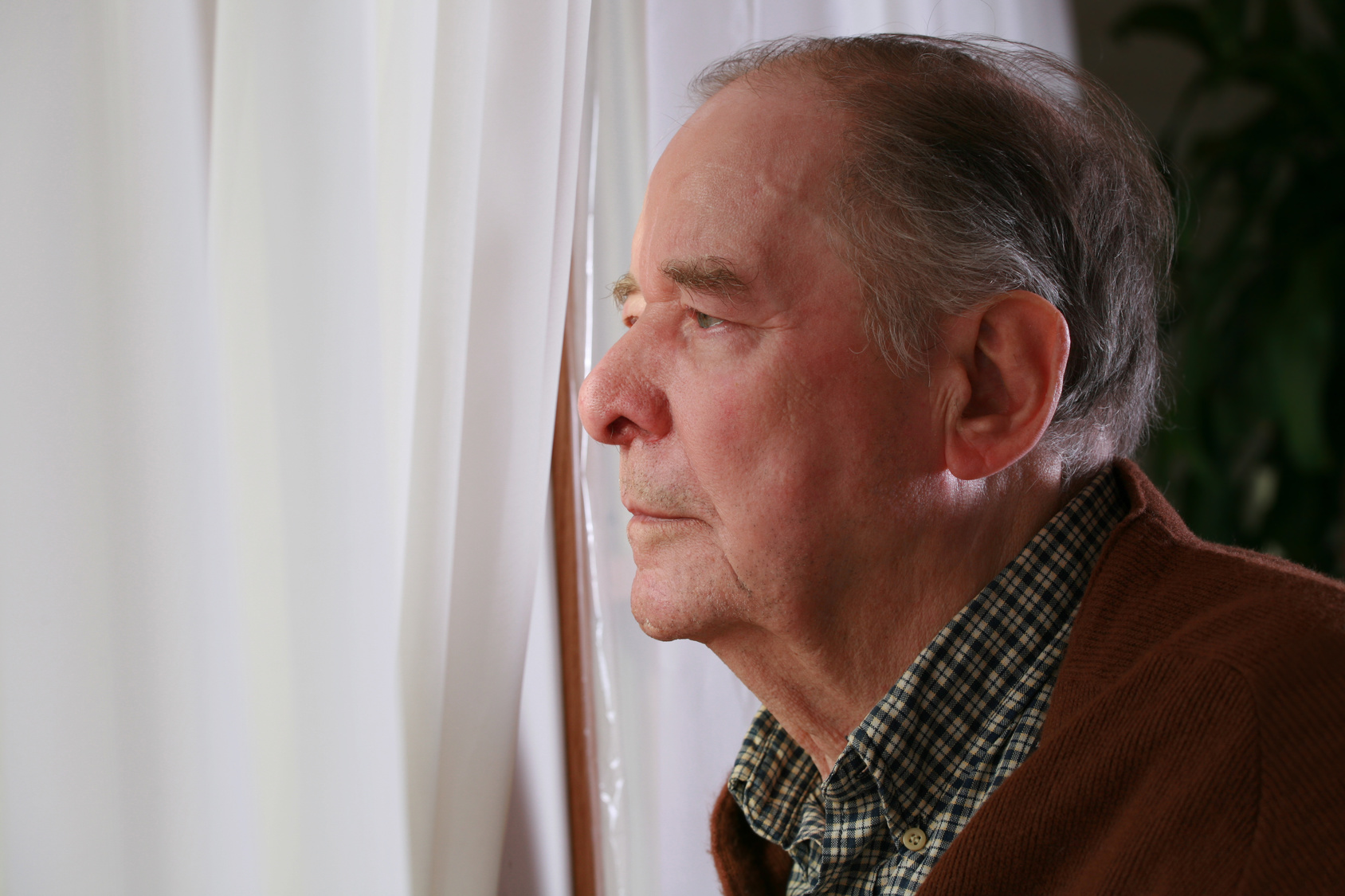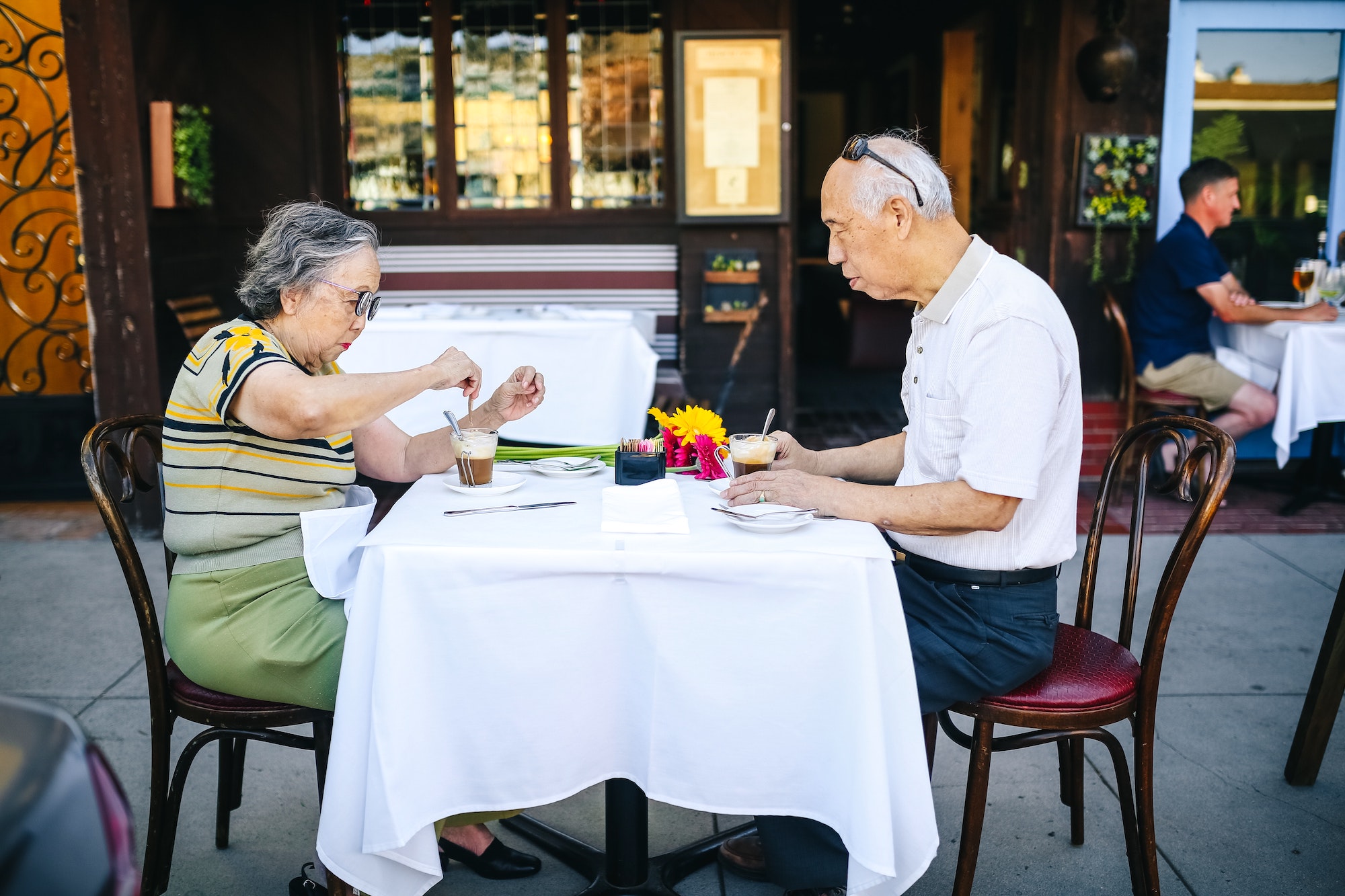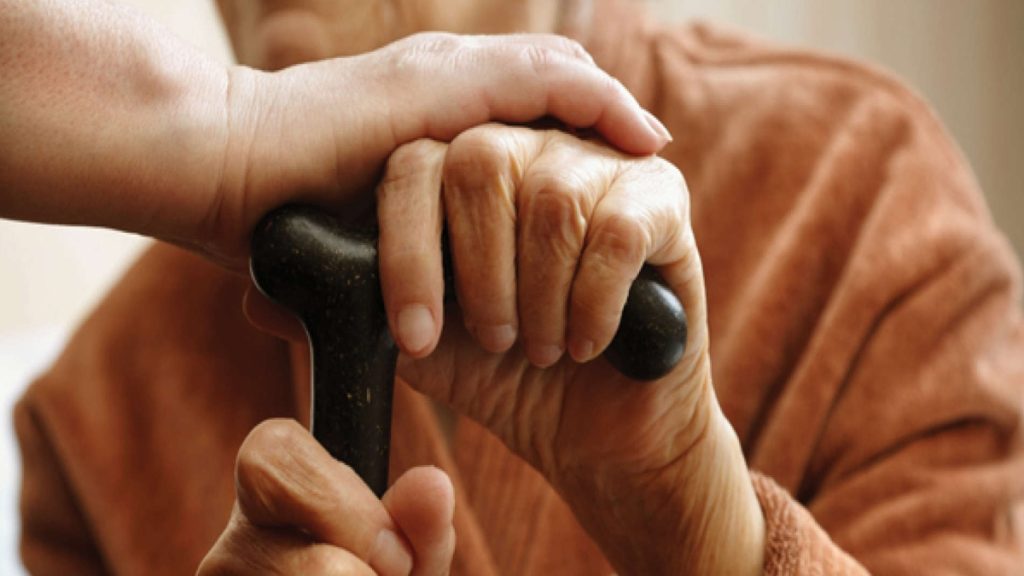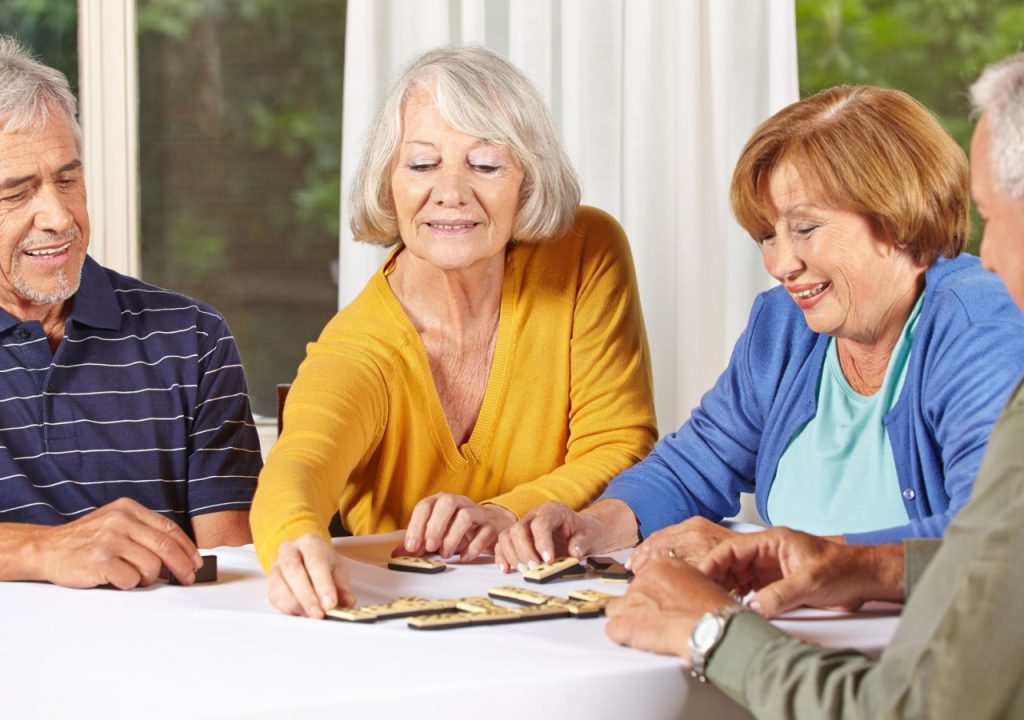
Issues Faced by Aging and Retired Seniors
Aging and retired seniors face a variety of issues. Some of these are related to retirement, health care, and housing. Other issues deal with mistreatment and health care. Learn about these topics in this article. Then, consider the different solutions available to help these older adults.
Health care
Many older adults face health care issues as they age, from diminished physical abilities to age discrimination. Some remain independent and self-sufficient, while others require more assistance. Despite these challenges, the dignity of older people should not be compromised. Luckily, there are ways to protect the dignity of older people and make sure they receive the best care possible. For such health care issues of older adults, you can get help on wilmacliving.com.
The aging population is growing and the need for health care continues to increase. Older adults in the United States are living longer than any other generation. They are also more likely to develop chronic illnesses that require close monitoring by their health providers. The number of older adults in the United States is projected to increase by nine million by 2030. This is a huge population that requires complex, ongoing health care.

Retirement
Aging and retiring seniors face a variety of issues. Some of these are financial, while others are physical. Many retirees do not have enough savings to cover their costs when they stop working. This can be especially difficult on the body and mind. Fortunately, there are some ways to protect your assets and ensure that they last for as long as possible.
In addition, health care costs are rising faster than the overall inflation rate. Seniors who were savvy enough to invest in stocks before the 2008 crash have seen their returns fall substantially. This has caused many seniors to lose money during the bull market of 2008, while others have been stuck in low-yielding investments that have lagged the market for several years. Another major issue is the future of Social Security. The fund is projected to be exhausted by 2033, which means that retirees may have to absorb a 20% reduction in benefits.
Housing options
There are many housing options available for older people, from single-family homes and apartments to cooperative communities. These communities are typically run by a board of elected residents who decide on shared services, social activities, and grounds maintenance. Many co-ops also have approval rights over potential home buyers. Co-ops are growing in popularity, especially in rural areas. Other options include affinity communities, where residents share similar interests and activities. Affinity communities may revolve around an ethnic group, religion, or sexual orientation.
Aside from retirement communities, seniors can also live in backyard bungalows or Granny Pods. These are ideal options for retired adults who want to remain close to family but still have access to basic services. Some municipalities have recently changed their zoning rules to encourage the development of senior housing.

Mistreatment
Mistreatment of aging and retired seniors can occur due to a variety of reasons, including lack of support and social isolation. Older adults often require more help than what family members can provide. They may also have limited mobility and may not have the opportunity to socialize as often as they did in their youth. This can lead to a loss of long-term friends, neighbors, and people to talk to. This can lead to greater isolation, and an abuser may take advantage of this by keeping the senior from visiting friends and family.
Physical abuse is another form of elder abuse. It can take the form of yelling, emotional abuse, and threats. It can also involve depriving the older person of basic necessities like food, medication, and heat. It can also involve placing personal items in places where they cannot be reached or retrieved.
Abuse
Abuse of aging and retired seniors takes a variety of forms. Some types are physical and psychological, while others involve financial exploitation and misappropriation of funds. Some types of abuse may also involve neglect. For example, a perpetrator may fail to provide food, medical care, shelter, or heat to an older person.
Elder abuse may occur from another resident, a facility employee, or a third party. If you see signs of abuse, seek help immediately. Report the incident to adult protective services. You don’t have to have proof to report the abuse; professionals will investigate the situation. Reporting elder abuse can be a difficult process because many older adults are afraid to come forward because they are embarrassed or ashamed of the abuse.
Abuse of aging & retired seniors can involve the use of force, threats, and insults. In severe cases, the victim may suffer physical injuries, or even death. Physical abuse can also include slapping, burning, and hitting. It may also involve ostracization or exclusion of family and friends.
Other articles:
How to Safeguard Property Rights of Senior Citizens
Best fashion designing courses in Idaho
Why Physical Activity Matters For Older Adults








